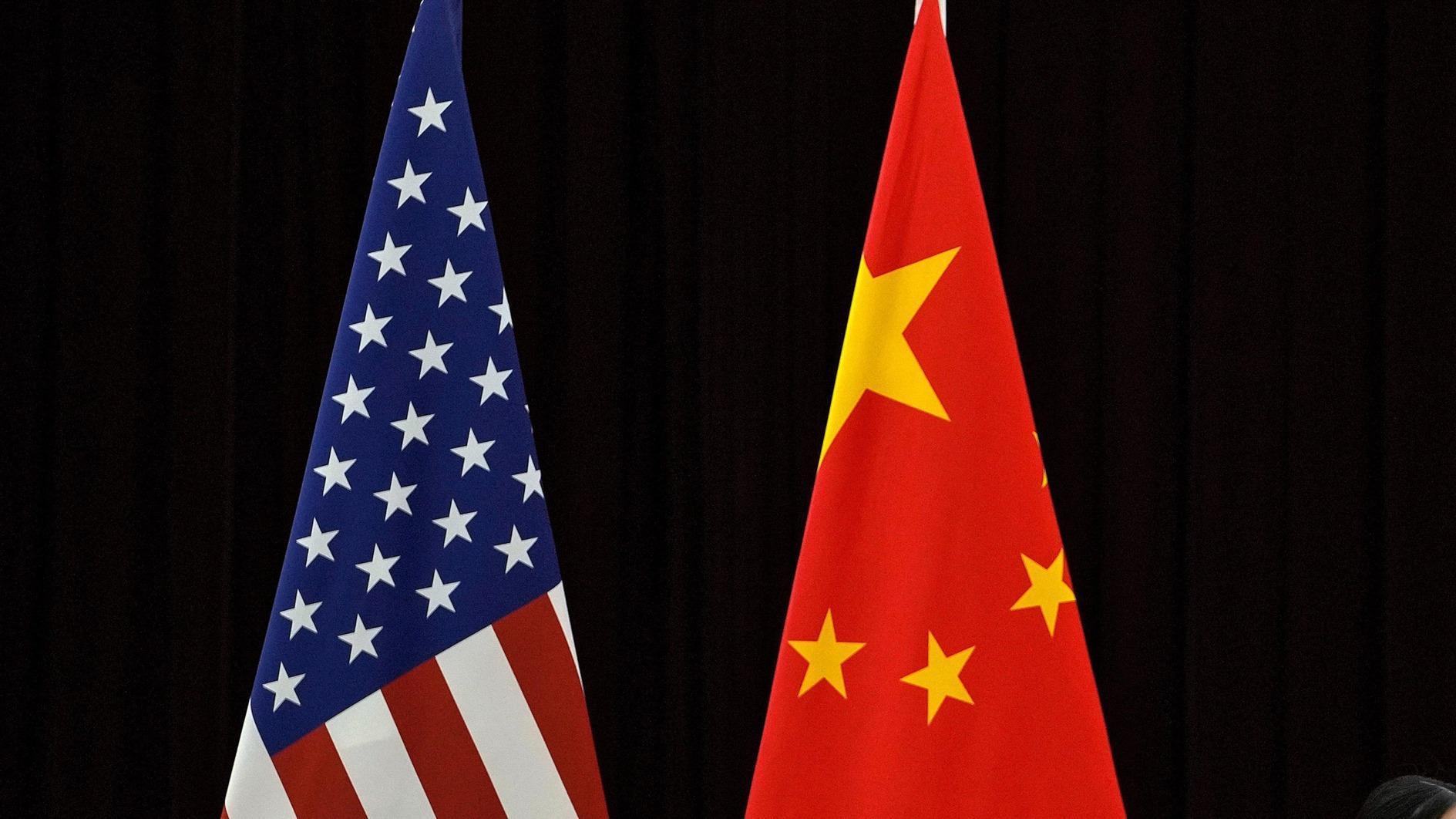Delusional expectations from Turkey’s new constitution
Turkey is facing ever-increasing political, economic, social and security problems that are very real, and which require rational approaches that factor in the interests of the country as a whole.
This requires an all-embracing, modern constitution that guarantees the rights of citizens according to international agreements that Turkey signed with respect to democracy and human rights.
However, developments show that this is not on the cards, and that the stability desired by citizens will remain elusive for the foreseeable future. The work currently underway in parliament on a new constitution has been tarnished from the start.
Using its parliamentary majority, the ruling Justice and Development Party (AKP), with help from the far-right Nationalist Movement Party (MHP), has drafted a constitution that does away with any obstructions the president may face.
It is not hard to imagine whose benefit this effort is aimed at. Under the proposed system, the president will run the country according to his specific worldview, because what is being proposed is that he will also be the leader of a political party.
In other words, the president will not represent every citizen, because he will stand for specific political beliefs that those who did not vote for him do not subscribe to. We already see how political opponents of the ruling party are treated in this country.
What’s more, the president will also have the right to appoint half of the members of the Constitutional Court. The remaining members will be selected by parliament, which of course sounds good but which in fact reinforces the president’s undemocratic standing if, as is more than likely, the party he leads has a parliamentary majority.
The “checks” on the president’s power, which should exist under any normal democracy, will disappear altogether under this system. The president’s powers will also be extended to government appointments, as well as appointments to various organs of the state, including the military. Obviously, his choices will obviously be from among his acolytes.
If it so happens that the party led by the president somehow loses its parliamentary majority, then we will face another aberration. It will mean, in effect, that the all-powerful president becomes the leader of the opposition, while retaining his executive powers, which parliament cannot check. Although parliament can make life difficult for him, it cannot limit his powers without a constitutional amendment.
Looked at using simple logic that even a child can understand, it is clear that the new constitution in the pipeline, even if it is adopted in a referendum, will only represent those who subscribe to the president’s view.
Still, Turks have an unmatched ability to bend logic to meet their own needs. That is why avid supporters of the AKP argue that Turkey will be even more democratic under the new system, because it will represent “direct democracy,” where the will of the nation is reflected without legal encumbrances.
This is just another way of expressing a majoritarian understanding of democracy, which stands diametrically opposed to the pluralist understanding. It is anyone’s guess how President Recep Tayyip Erdoğan and the government propose to solve the serious problems facing the country under such a system.
The usual way to try and do so under such circumstances is to use the stick to coerce. But we already have plenty of that, and it is in fact not solving anything; rather it is only making matters worse.
Therefore, all we can expect under the system being proposed is more trouble. Anyone who thinks otherwise has only to look around to understand how delusional it is to expect anything else.











